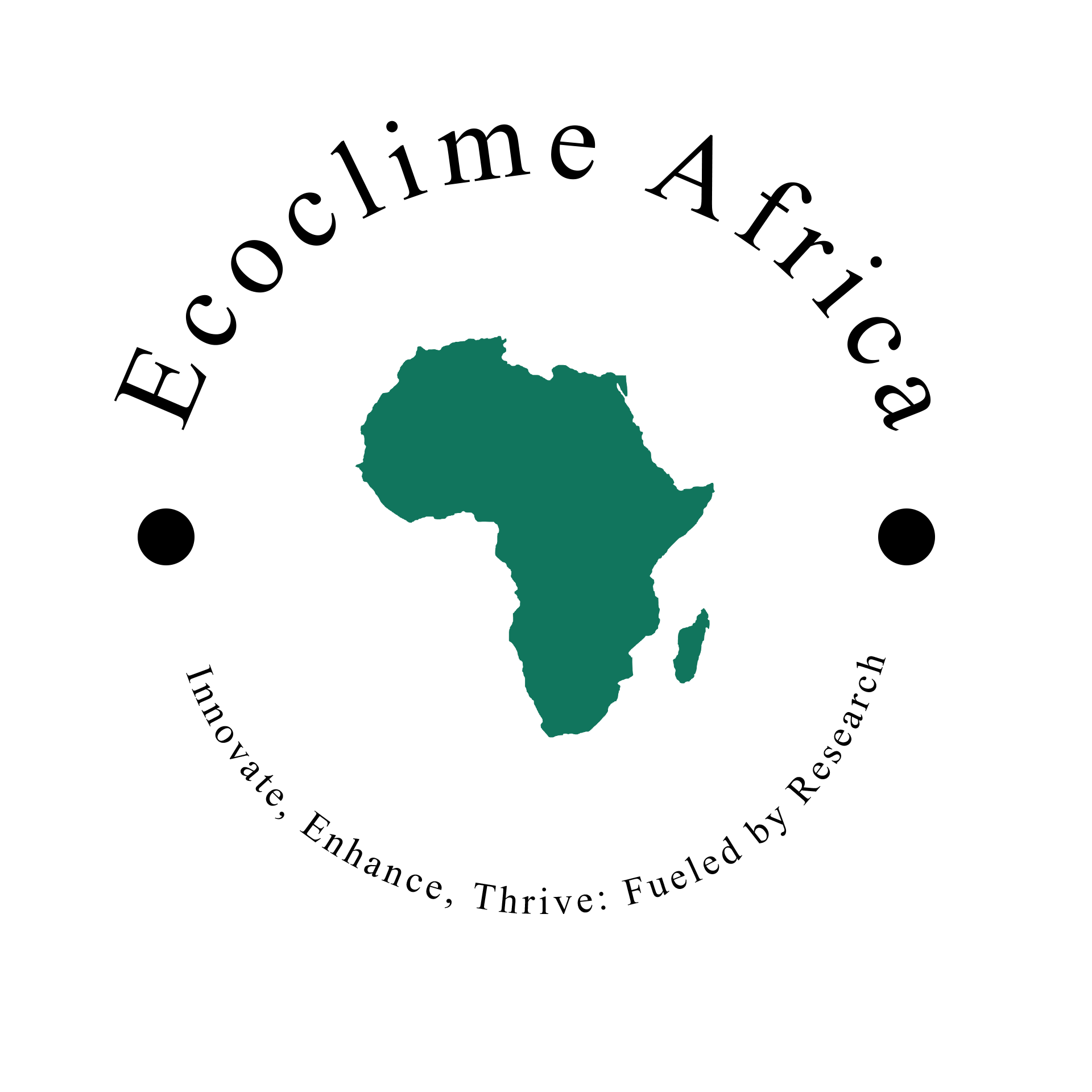

Healing Ecological Grief: Empowering Young Women Displaced by Drought in Burkina Faso
Recurrent droughts in Burkina Faso's Sahel region have displaced over 150,000 young people, with women aged 17-30 facing heightened vulnerability due to structural gender inequalities and limited resource access [1]. Current humanitarian interventions predominantly prioritize material needs while critically overlooking psychological trauma ("ecological grief") and safe migration guidance [2]. This programming gap leaves traumatized women susceptible to exploitative labor and human trafficking during desperate survival decisions [3]. Our primary research question examines how trauma from drought-driven displacement affects the migration choices of young Burkinabè women. Secondary questions explore comprehensive adaptation plan components and whether community-based psychosocial interventions can mitigate exploitation risks.
Empirical evidence indicates that approximately 68% of displaced young women report serious psychological stress, trauma, or grief related to displacement and environmental loss [4]. Research demonstrates this mental state significantly impairs decision-making capacity and risk assessment, increasing acceptance of high-risk exploitative work arrangements [5]. Trauma thus emerges as a critical vulnerability factor independent of poverty. Systematic review of adaptation plans confirms consistent focus on technical and socioeconomic solutions while neglecting psychosocial components [2], [6]. However, research identifies strong pre-existing community structures, particularly women's associations (tontines) and village savings groups, as underutilized resources for delivering culturally appropriate support [7]. Effective adaptation programming must simultaneously support both the "right to stay" through resilient livelihoods and the "right to move safely" through comprehensive migration guidance [8].
We propose implementing "Ecological Grief Circles" (EGCs), a community-based dual-component intervention model for integration into existing climate adaptation programs. The first component involves Community-Based Psychosocial First Aid, training respected local women in evidence-based psychosocial support and active listening techniques adapted from WHO guidelines [9]. These trained facilitators conduct regular group sessions providing safe spaces for processing trauma and environmental grief. The second component provides Practical Livelihoods and Migration Pathway Guidance, delivering crucial information on climate-resilient livelihood options and evidence-based safe migration information, including recognizing trafficker tactics and understanding legal rights [3], [8]. This integrated approach links emotional recovery with practical action, empowering informed choices regarding both staying and migration strategies.
The EGC model employs a sustainable Training-of-Trainers (ToT) methodology where initially trained facilitators subsequently train additional community group members, creating an expanding network with minimal external input [7]. For broader impact, the model integrates as a mandatory "Psychosocial Support Module" within national climate adaptation programs [6]. The low-cost structure utilizing existing community spaces and local facilitators enhances donor appeal. Long-term scalability is strengthened through complementary low-tech digital solutions, including SMS-based safety alerts and information updates for migratory participants.
Program efficacy measurement utilizes a mixed-methods approach combining quantitative and qualitative indicators. The primary metric tracks reduced participant engagement in exploitative work over 6-12 months through longitudinal monitoring. Secondary quantitative metrics include pre-/post-intervention surveys using validated abbreviated well-being scales [10] and monitoring safer livelihood uptake. Qualitative methods, including semi-structured interviews, provide narrative evidence of transformational change in decision-making processes. This comprehensive framework ensures capture of both numerical outcomes and human impact stories.
At Ecoclime Africa, we believe that climate adaptation must go beyond infrastructure and economics, it must also heal hearts and minds. The Ecological Grief Circles model offers a pathway to do just that: combining trauma recovery with practical livelihood and migration guidance. Ecoclime Africa encourages stakeholders to champion these solutions to ensure that young women facing displacement are empowered with both emotional resilience and practical guidance for safer, more dignified futures.
Written by: Gideon Opoku*, Josephine Mwamba*, TinokundaChimhowa*, Abiel Teshone Kefale*, Luckman Aborah Yeboah
References
[1] International Organization for Migration, "Displacement Tracking Matrix Burkina Faso," 2023.
[2] B. E. Sovacool, "The political economy of climate change adaptation," Glob. Environ. Change, vol. 68, 2021.
[3] M. L. Hernandez et al., "Gender, Climate Change and Trafficking," Int. J. Migr. Dev., vol. 4, no. 2, 2022.
[4] United Nations Population Fund, "GBV and Mental Health in Sahel," 2023.
[5] T. A. Widowson, "Trauma and Economic Decision-Making," J. Refug. Stud., vol. 34, no. 3, 2021.
[6] World Bank, "Sahel Emergency Resilience Project," 2022.
[7] F. N. Kaboré, "VSLAs in building resilience," Dev. Pract., vol. 31, no. 5, 2021.
[8] S. Dickin et al., "Rights-based approach in Sahel," World Dev., vol. 147, 2021.
[9] World Health Organization, "Psychological first aid guide," 2013.
[10] World Health Organization, "Wellbeing Measures," WHO Europe, 1998.
Comments
So good and educational.
3 months ago